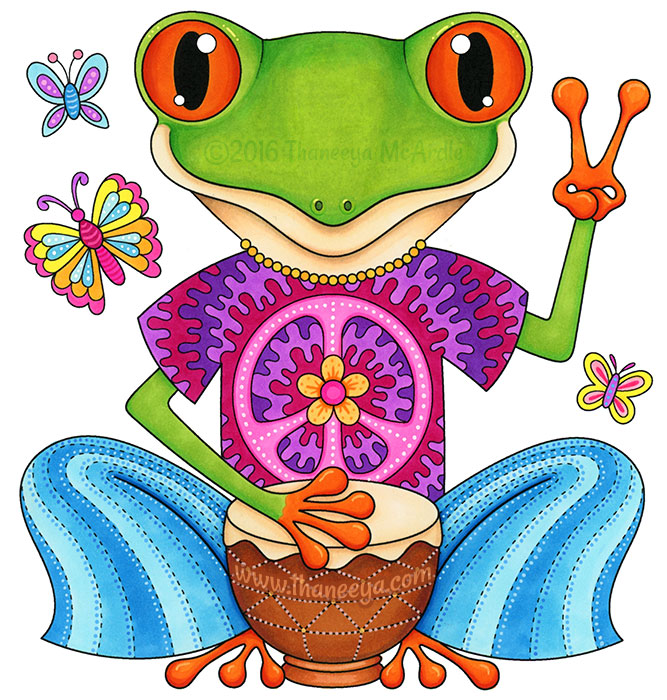1. When we are grateful, we want to pay it forward. A study done at Northeastern University has found that people really do want to pay forward any kindness that was shown to them. The reason is gratitude. When we feel grateful for the kindness of others, we want to help someone else.
2. When we help others, we feel happier. A study done by psychologist Elizabeth Dunn and her colleagues, showed that when we have a little extra money, we are happier when we spend it on someone else rather than on ourselves. Taking your extra change at the end of the day and donating it to charity, or buying a meal for someone homeless, not only benefits the recipient but you, the giver, as well.
3. Connections with others make life more meaningful. Psychologist Carol Ryff, known for her work in eudaimonic well-being (our sense that life is meaningful and has a purpose) tells us that human relationships with others is key to having a meaningful life. Her study shows that taking time to give a helping hand to someone in need or to express our gratitude to someone who has helped us, can actually make our life more meaningful. I'm getting the warm-fuzzies already!
4. Supporting others is linked to a longer life. Stephanie Brown, a psychologist, and her colleagues investigated whether helping others could lead to a longer life. She asked study participants how much of their time they spent helping others. Over five years, she found that those who spent the most time helping others had the lowest risk of mortality. It appears that supporting others will, in turn, help us life a longer, happier life. In 2013, one-quarter of all US adults volunteered, and most adults spent time informally helping someone else.
5. It's possible to become more empathetic. Goodness knows we can use more empathy in the world so this study is my favorite of all of them. Carol Dweck of Stamford University in California, has found that mindsets actually have an impact on how empathetic we are. Growth mindset means that we believe we can become better at something with effort. Empathy, it turns out, is affected by this growth mindset. In other words, if we believe we can become more empathetic with a little effort, we actually can! Dweck's studies explain that empathy is a choice. "Empathy isn't something that only a few people have the capacity for," she says, "we all have the ability to become more empathetic."
I don't know about you, but I know that I feel better about the state of the world already. Knowing that humans (and frogs too) are basically good and caring makes me fear watching the news a lot less. Bad news sells. This can be a hard fact to swallow. But ever notice how most newscasts lead off with some horror story but they always seem to end their segment with something bright and positive? If they presented the news in reverse, their ratings would plummet. I try to remember this whenever I start to feel down about the state of world affairs. These "goodness" studies have helped to restore my faith in humanity. I hope they will do the same for you.
Until tomorrow, I wish you PEACE.

 RSS Feed
RSS Feed